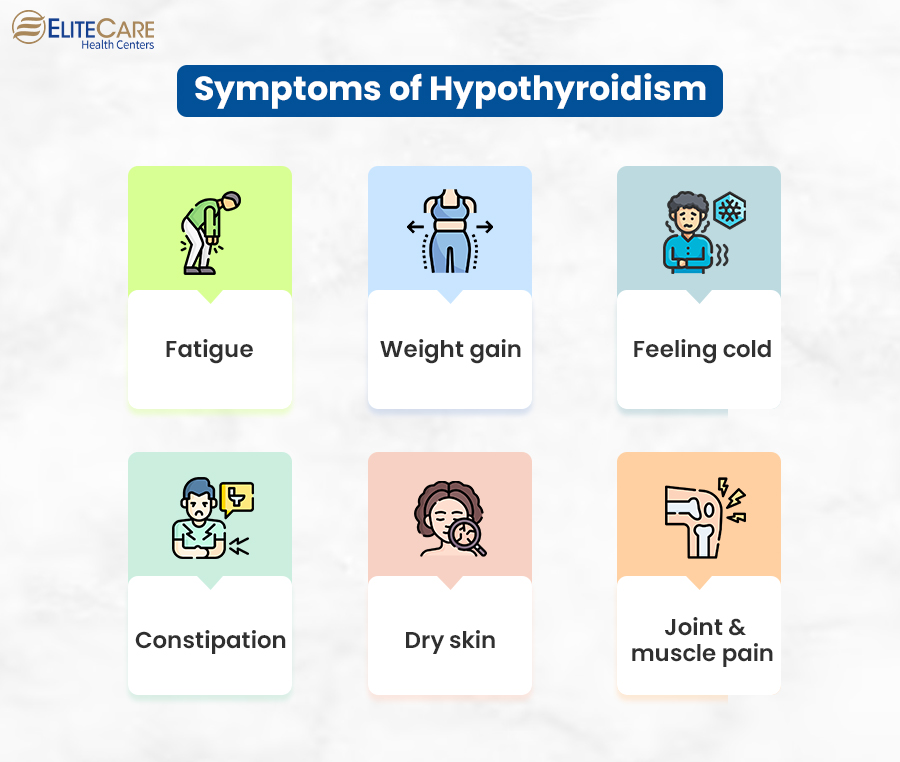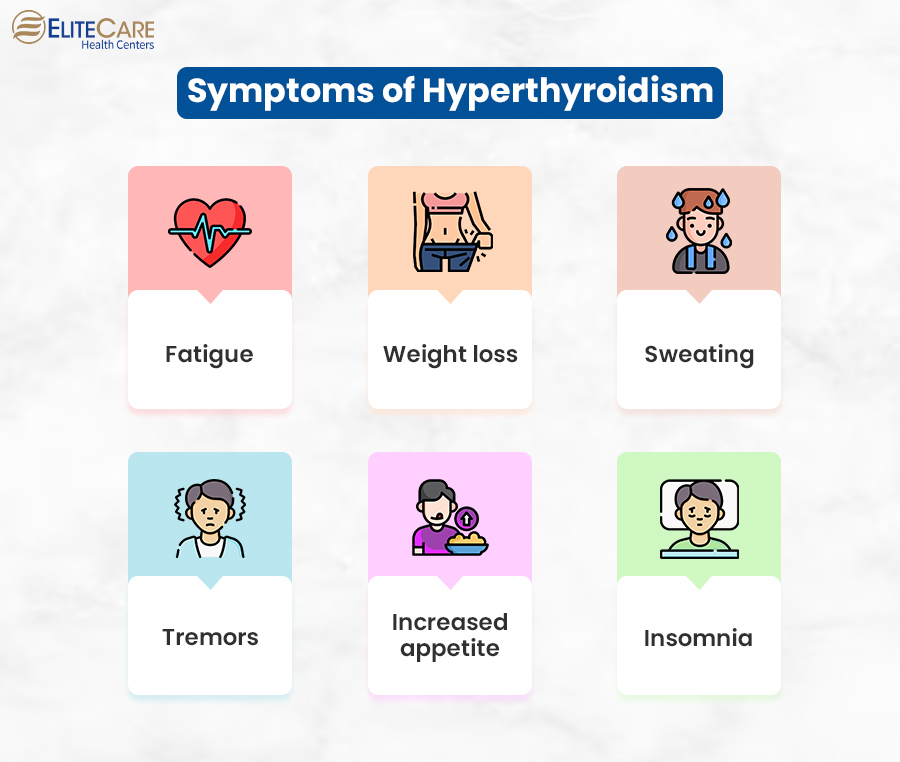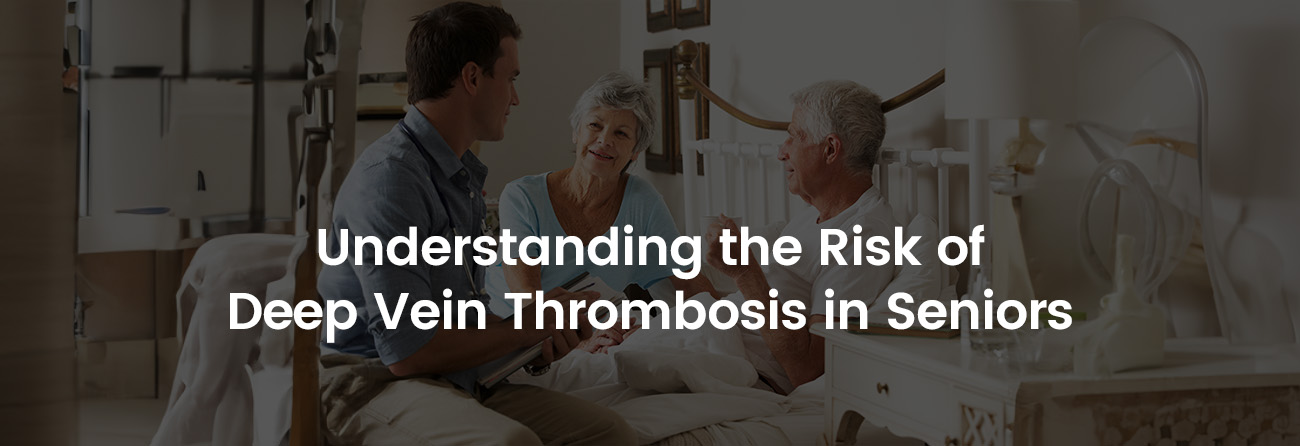
The thyroid gland is a butterfly-shaped endocrine gland located in the front of the neck. It plays a crucial role in regulating the body’s metabolism by producing hormones that control how cells use energy. The thyroid gland helps produce thyroxine (T4) and triiodothyronine (T3). These hormones regulate the rate at which the body uses energy, and they also help to control heart rate, body temperature, and the metabolism of carbohydrates, proteins, and fats. In addition, the thyroid gland also regulates the body’s use of calcium, which is important for the development and maintenance of strong bones.
According to the American Thyroid Association (ATA), over 20 million Americans suffer from thyroid disease. People suffering from this condition either have it at birth or develop it as they grow older. Women are five to eight times more likely to suffer from this disease than men.
The prevalence of thyroid diseases is also quite high in senior citizens, with as many as 7-14% of them suffering from it. Some of the most common thyroid diseases that affect the elderly include:
Hypothyroidism
Also known as underactive thyroid, it is the most common thyroid disease in the elderly. It is a condition in which the thyroid gland does not produce enough hormones. This causes the metabolism to slow down. The most common cause of hypothyroidism is autoimmunity, which involves the production of antibodies that target the thyroid gland.
Symptoms of hypothyroidism in older adults include:
- Fatigue and weakness
- Weight gain
- Cold intolerance
- Constipation
- Dry skin
- Joint and muscle pain
If left untreated, hypothyroidism can cause health problems like high cholesterol, heart disease and peripheral neuropathy. It can also worsen existing conditions, such as hypertension and diabetes mellitus.

Hyperthyroidism
Also known as overactive thyroid, it occurs when the thyroid gland produces too much thyroxine hormone which can overstimulate the metabolism. Women are 10 times more likely to suffer from this condition than men. Graves’ disease, an autoimmune disorder where the immune system attacks the thyroid gland, is the most common cause of hyperthyroidism in the United States.
Symptoms of hyperthyroidism in seniors include:
- Rapid heartbeat
- Weight loss
- Sweating
- Tremors
- Increased appetite
- Insomnia
Hyperthyroidism can lead to other health problems like atrial fibrillation and osteoporosis. It can also increase the risk of congestive heart failure and stroke in the elderly.

Thyroiditis
Thyroiditis refers to a condition which causes inflammation in the thyroid gland. This can cause the gland to release either too much or too few hormones into the bloodstream. People suffering from this condition can either experience symptoms of hypothyroidism or hyperthyroidism. There are several different types of thyroiditis, including autoimmune (Hashimoto’s) thyroiditis, De Quervain’s thyroiditis, silent thyroiditis and acute thyroiditis.
It is important for older adults to inform their healthcare provider if they notice signs of a thyroid problem. Early diagnosis and treatment can help prevent or mitigate the potential complications associated with these diseases.
Thyroid diseases can also have a significant impact on seniors’ mental health, as imbalances in thyroid hormone levels can affect brain function and lead to mood changes.
Read More: Does Screen Time Affect Mental Health?
How Do Thyroid Diseases Affect Seniors’ Mental Health?
Seniors suffering from thyroid diseases experience mental health problems like:
1. Depression
Both hypothyroidism and hyperthyroidism can cause depression. Hypothyroidism can lead to feelings of sadness, hopelessness, and decreased energy, while hyperthyroidism can cause nervousness, irritability, and insomnia.
2. Anxiety
Thyroid diseases can also cause or worsen anxiety symptoms and trigger panic attacks.
3. Mood swings
Thyroid diseases can also cause a decline in mental function and memory; it can make seniors more restless and distracted which affects their concentration and ability to complete a task.
Seniors suffering from thyroid diseases must visit a primary care clinic for a checkup in order to receive an assessment. Prompt medical treatment and psychological support can help manage any mental health symptoms that may arise. In some cases, medication and lifestyle changes may be necessary to manage mood and cognitive symptoms related to thyroid disease.
How Are Thyroid Diseases Treated?
The treatment for thyroid problems depends on the specific condition and the severity of its symptoms. Common treatments for thyroid problems include:
4. Medication
A physician may prescribe medication to regulate the production of thyroid hormones. This includes thyroid hormone replacement therapy for hypothyroidism and antithyroid medications for hyperthyroidism.
5. Radioactive iodine therapy
This treatment is used to reduce the production of thyroid hormones in people with hyperthyroidism.
6. Lifestyle changes
Making changes to the diet, exercising and managing stress can help improve thyroid function and help alleviate symptoms.
7. Surgery
In some cases, surgery may be necessary to remove all or part of the thyroid gland, such as in the case of goiter, nodules, or cancer.
All thyroid diseases are treatable. Some thyroid conditions like autoimmune thyroiditis may require ongoing management but with proper care, most people are able to cope with their symptoms and lead healthy lives.
Key Takeaway
- The thyroid gland plays a huge role in various bodily processes that are necessary to sustain a healthy life. When the thyroid gland produces too much or too few levels of hormones, it can cause a range of symptoms that affect both physical and mental health.
- However, with proper treatment and lifestyle changes, both physical and mental problems associated with thyroid diseases can be managed.
If your elderly loved one is at risk for thyroid diseases or showing any symptoms, visit the nearest EliteCare clinic for more help. EliteCare is one of Florida’s best medical clinics, with a team of highly trained primary care physicians who offer services like venipuncture, immunizations, EKG and more. Visit their website to schedule an appointment today.






